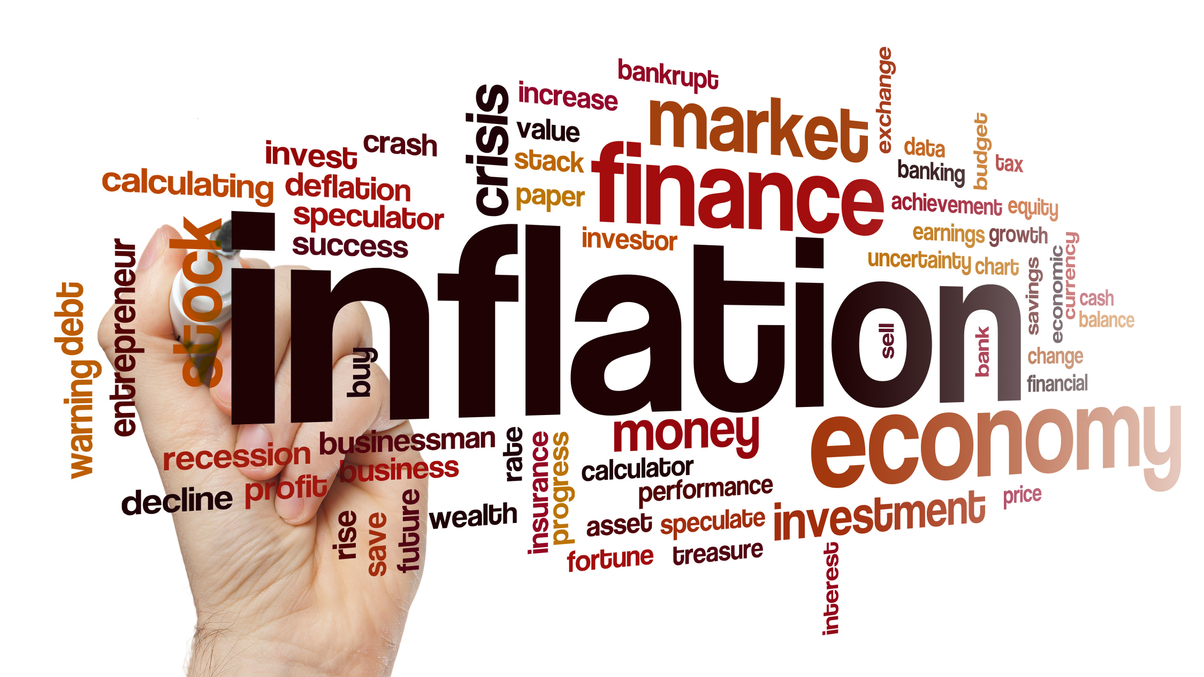Year of the Rat outlook: will inflation rate risks increase?
For the Year of the Rat, AsianInvestor is offering a set of financial and economic predictions. Here, we ask whether inflation could rise higher than expected.

Every Chinese New Year, AsianInvestor makes 10 predictions about developments that will affect global financial markets and the portfolios of Asian investors, especially asset owners. These developments can focus on asset classes, geopolitical events, or structural issues surrounding particular markets.
Sign in to read on!
Registered users get 2 free articles in 30 days.
Subscribers have full unlimited access to AsianInvestor
Not signed up? New users get 2 free articles per month, plus a 7-day unlimited free trial.
¬ Haymarket Media Limited. All rights reserved.


